The truth about the proliferation of 5-year warranties
The great 5yr warranty tsunami of 2019 has washed up on Australia shores earlier than expected. What does it mean for you?
Subaru and Toyota have bitten the bullet and offered Australian customers a five-year/unlimited kilometre warranty. Finally.
Ten of the top 11 carmakers here in Australia now offer five or more years of warranty with their new cars. (Nissan is the odd man out.) The latest two to boost warranty coverage were Subaru and Toyota.
Subaru bit the bullet on January 1, and Toyota caved in three days later - and almost everyone has the wrong idea about what this actually means.
We’ll get to that.
Subaru’s 5yr warranty statement >>
Toyota’s 5yr warranty statement >>
What Toyota said
After telling all and sundry a three-year warranty was beyond adequate … excellent, in fact … Toyota has struck all such commentary from the internal hymn book and now sings an entirely different tune.
“It’s not about following the pack … it’s responding to the needs of consumers.”
- Sean Hanley, Toyota Oz marketing
That’s Sean Hanley - a marketing big cheese at the big T Down Under. (Reported by News Limited >>)
Isn’t it amazing how malleable the truth is in the corporate world? When nine of the top 11 carmakers have a five-year warranty of better, and then you copy them, making you the 10th suit-follower, you are following the pack. This is simply a matter of fact.
And I don’t know about you but I still live in a world where the facts matter.
On one level of course, you have to admire a person who can stand up and make a statement diametrically opposed to any sane, rational assessment, and do so with complete conviction. It’s a talent.
“We’ve moved with our customers’ expectations which are now greater than they’ve ever been, and we will continue to adopt and adapt as the market evolves. Being No 1. is only sustainable long-term if the focus is on keeping your guests happy rather than just chasing sales.” - Sean Hanley, Toyota Oz marketing
What a load of buzzwords. Who are these “guests”? Please God, let us not refer to customers in this way. Owning a car is not the same thing as staying at the Ritz-Carlton.
But there is an element of underlying truth to Mr Hanley’s statement, oddly enough.
Customers want the big warranty. Not having one turns customers away. It’s a reason not to buy the car, and therefore, a good thing to eliminate.
What car buyers get wrong
And this is where car buyers get warranty wrong. They erroneously conflate the term of the warranty with the underlying reliability and durability of the vehicle and the level of support from the dealer and manufacturer.
Nothing could be further from the truth.
Jeep has a five-year warranty. So does Ford, Holden and Volkswagen. And these brands are, in my view, still the worst to do business with.
Let’s put it like this: Warranty is about marketing. It’s a reason to buy the car … if you don’t think about it too hard. In fact, however, the warranty you get - especially from an apparently brain-dead carmaker like Nissan - is less than the legal rights you are intrinsically entitled to under Australian Consumer Law.
More on your rights under the legislated consumer guarantees >>
Nissan offers three years/100,000 kilometres, and this is an ongoing brain-dead decision by them because it loses them sales.
But if you go ahead and buy a Nissan anyway - which I don’t recommend because they are generally below average at everything - and you maintain the car correctly and you don’t abuse it, and if the engine or transmission fails at four or five years, you have a solid consumer law case for a full refund or replacement vehicle - because the failure is serious and constitutes a breach of the legislated ‘acceptable quality’ consumer guarantee.
In other words, the warranty they offer cannot be used to limit your consumer law rights.
Shopping for the right brands
Unfortunately, companies like Holden, Ford, Jeep, Volkswagen, Audi, Jaguar, Land Rover, Volvo and Mercedes-Benz seem to act - often - as if compliance with consumer law is optional, regardless of the warranty duration or status.
And the regulatory framework allows them to get away with doing this - by making resolving a dispute quite difficult and expensive - even if you have an open-and-shut case.
Subaru and Toyota, like Hyundai and Kia, were already going to great lengths in the overwhelming majority of cases, to do the right thing by their customers (‘guests’) - ethically and legally. Even Mazda and Mitsubishi are OK at this - most times. And BMW.
Which is, of course, why I recommend those brands.
Conclusion
So despite all the reporting about the Big T and Subaru joining ‘Club Five Years’ - nothing has really changed. Except in the marketing fluff - and perhaps in terms of uninformed customer/guest perception.
Warranties sell cars - they don’t protect you any better than existing consumer legislation. But until the regulators really crack down on the market’s bad operators, the support you receive can be anything from ‘great’ to ‘FSB interrogation’ - depending on which horse you choose to ride off into the sunset.
My strong advice to you is: Don’t let the warranty factor into your decision about which car to buy, or not. Substitute that with the carmaker’s reputation for looking after you when the chips are down.




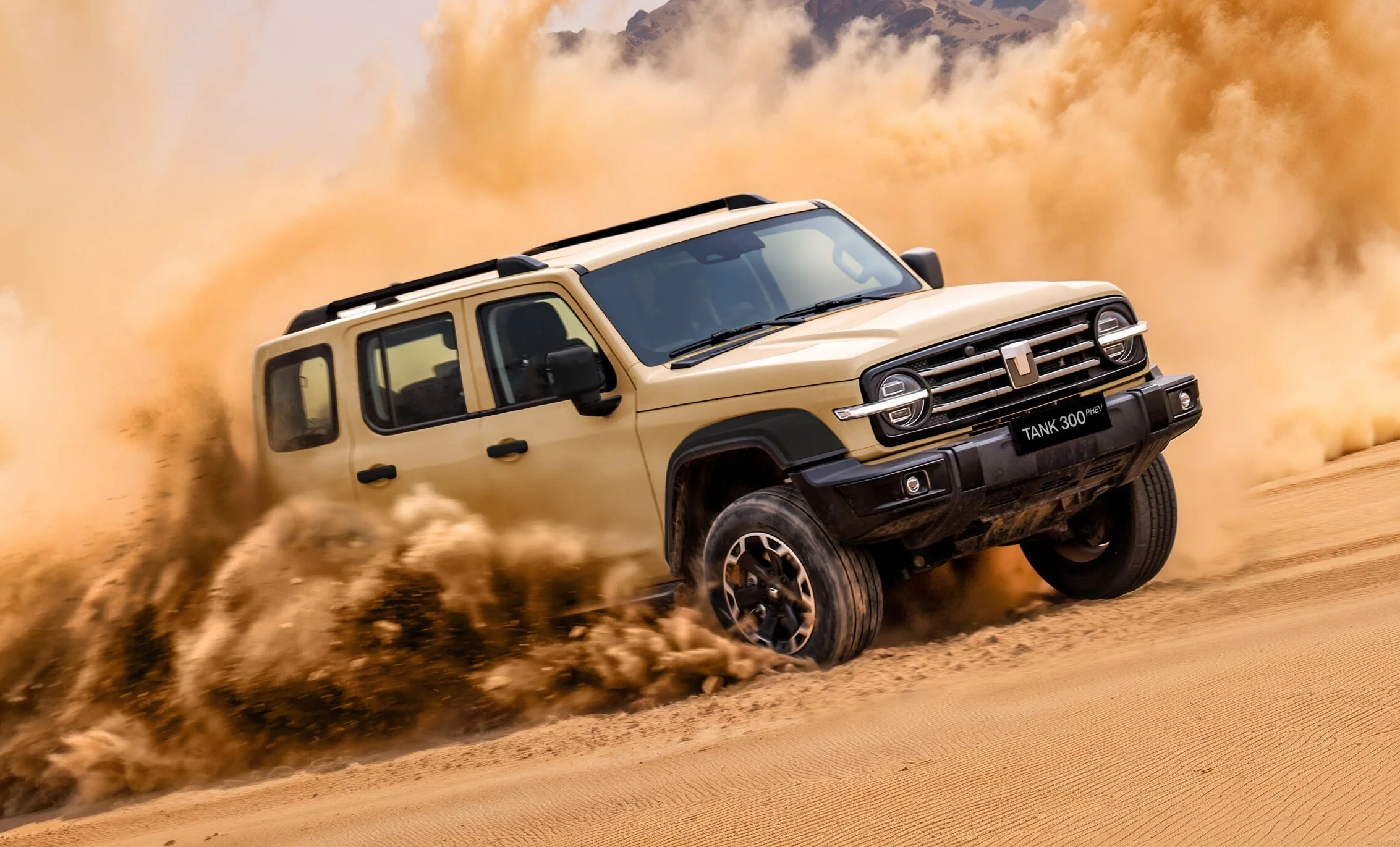


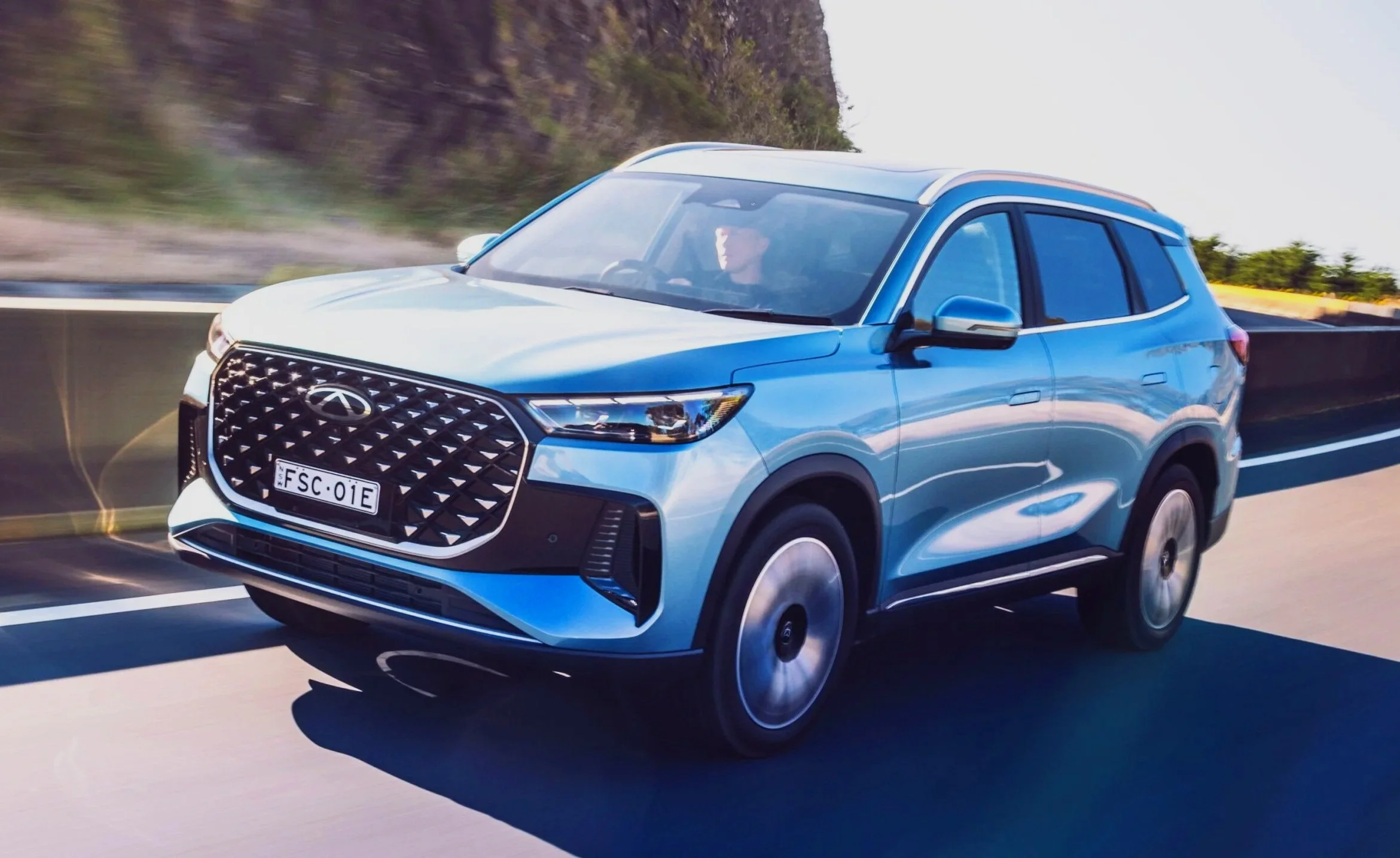
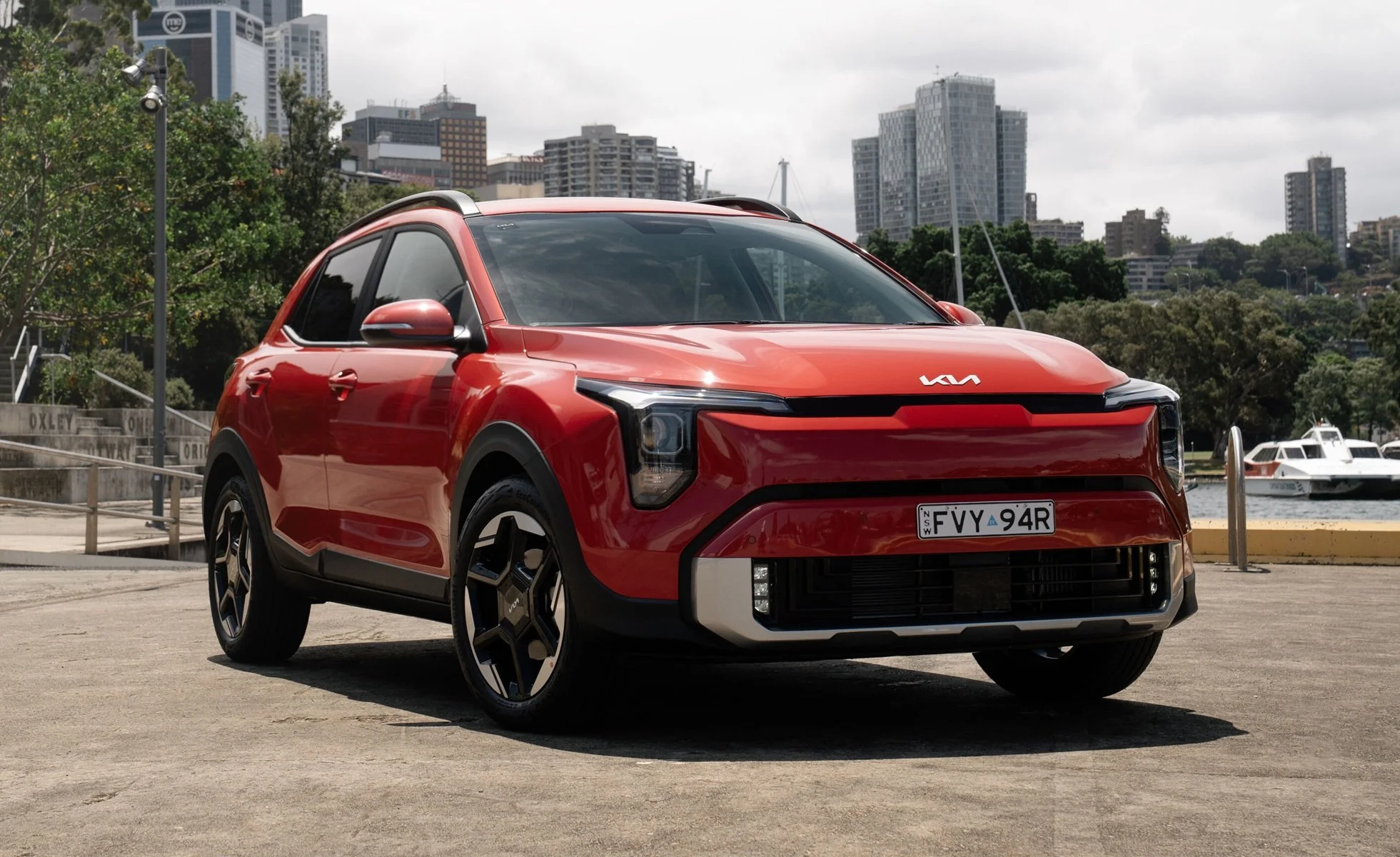
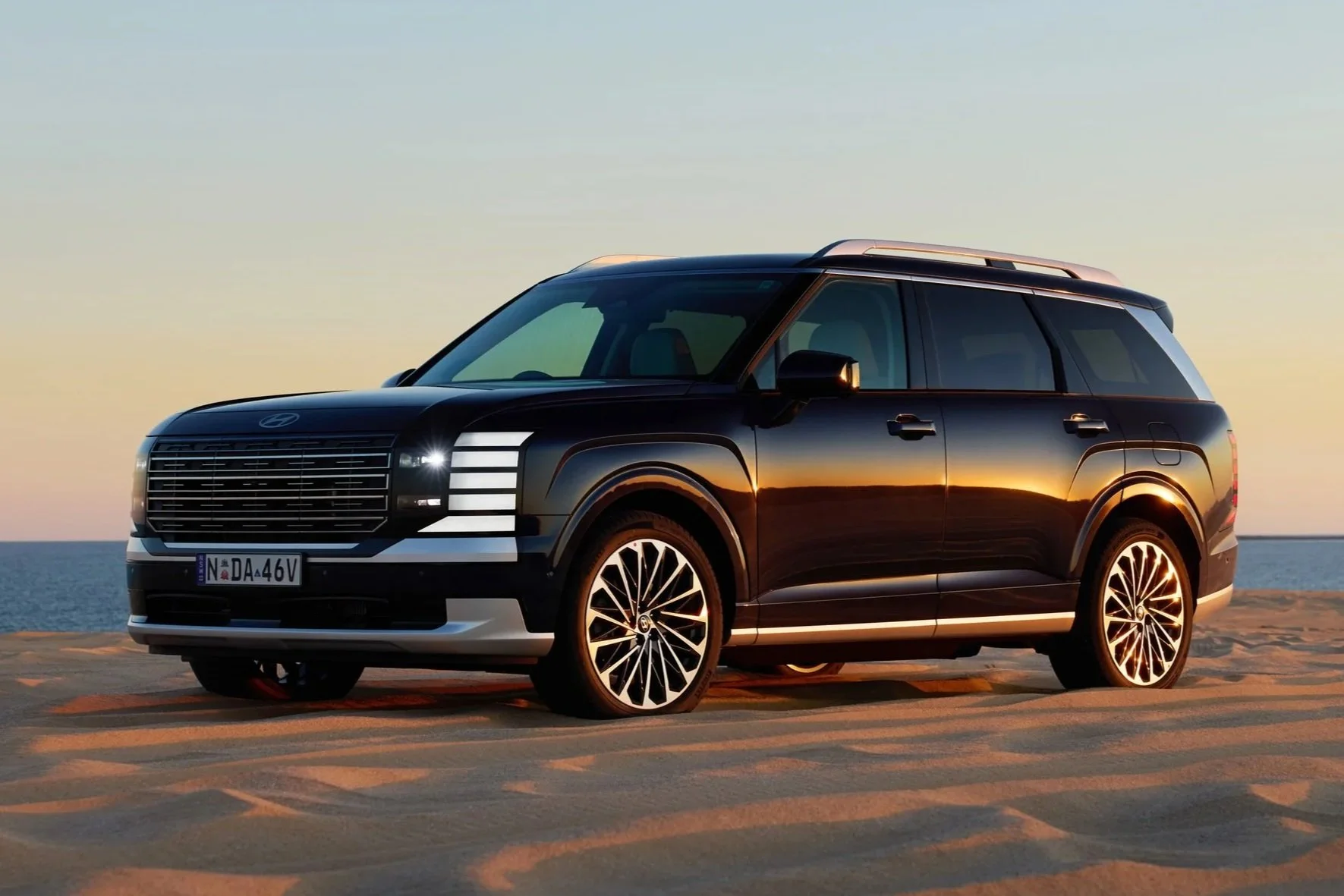
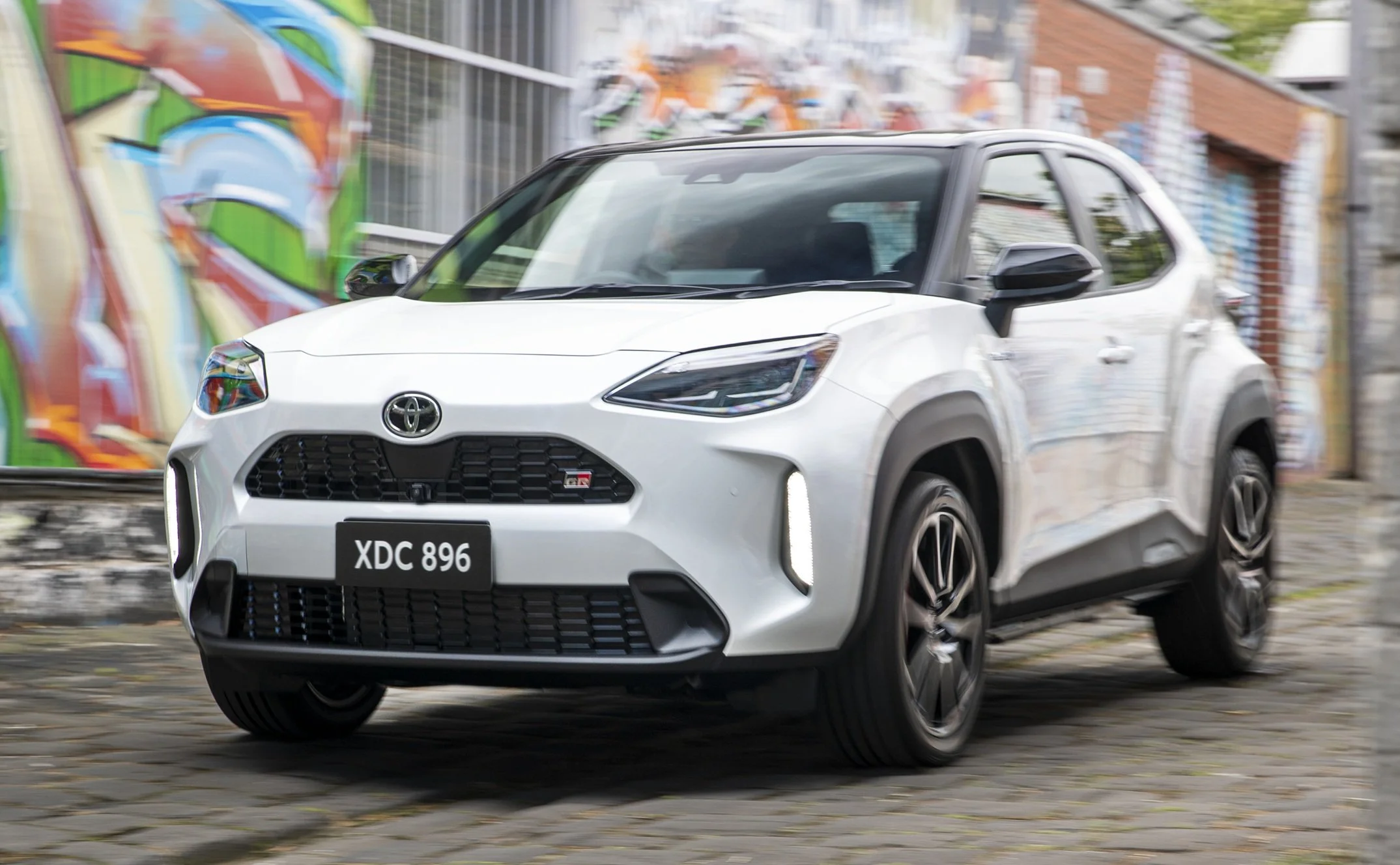

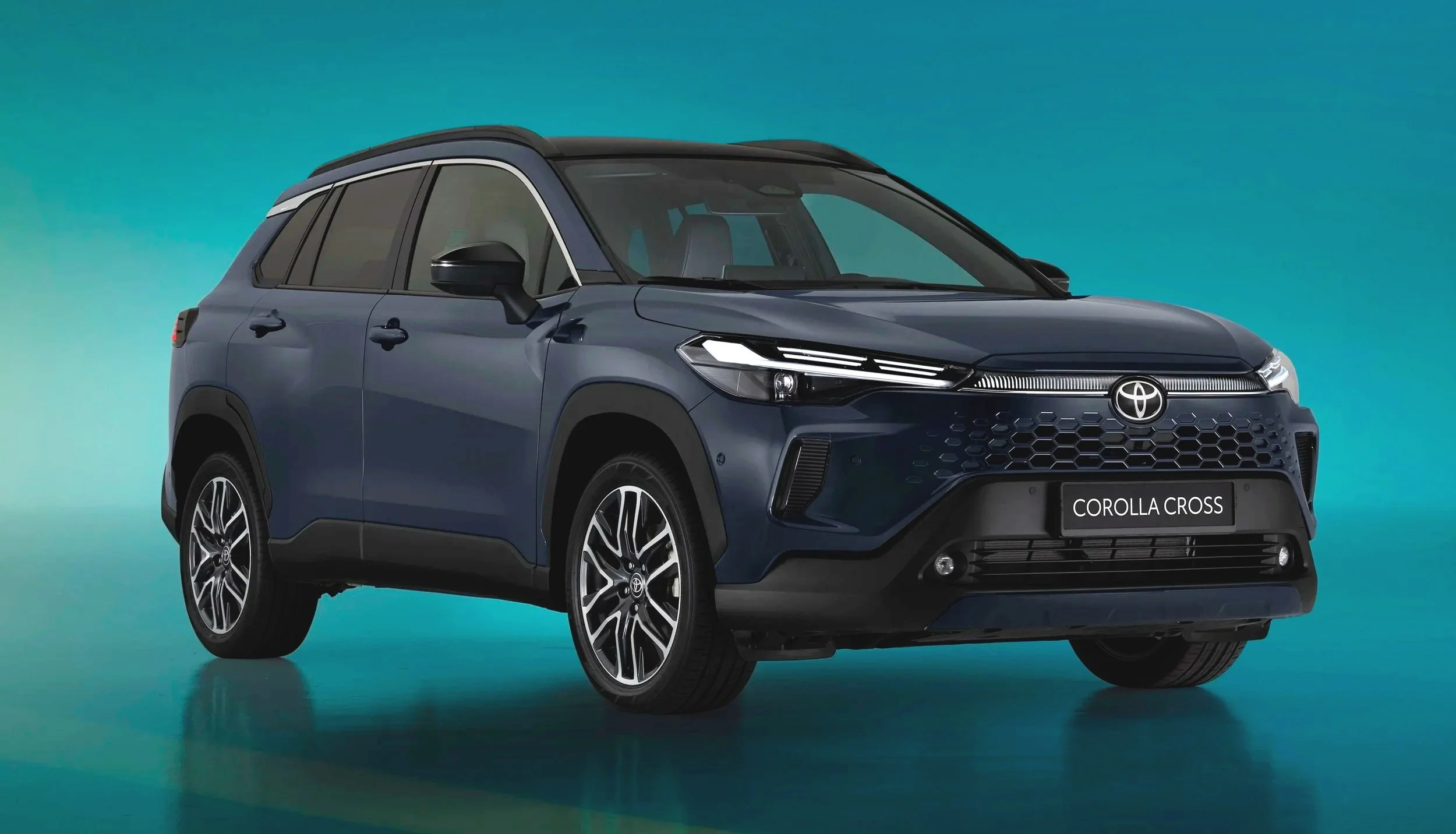

There’s plenty to like about the 7-seat Ford Everest for hardcore off-roading and heavy towing thanks to its big V6 diesel. But is it wise dropping up to $80K on Ford these days?